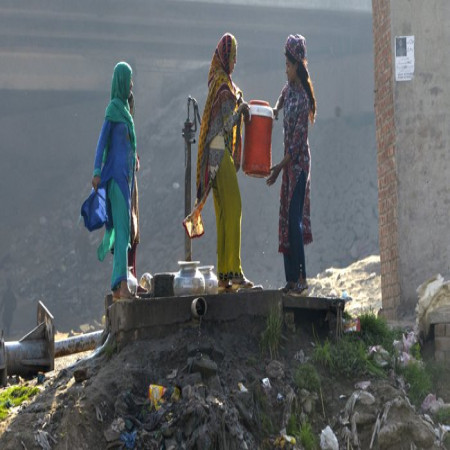Why hasn't Pakistan's National Water Policy been implemented?

During the past six months, Pakistan has experienced unusually hot and humid weather and unprecedented shortages of water in the Indus Basin canal system, resulting in disruption of all kinds of farming activities, reduced power generation by hydropower plants, and drying up of drinking water sources in urban areas.
The diminished canal flows also rekindled inter-provincial disputes over water allocations. Climate experts have linked our water crisis to the effects of climate change, adding that such calamities are likely to become a new normal.
The recent water crisis underlines the urgency of accelerated implementation of Pakistan’s first and comprehensive National Water Policy (NWP), approved by the Council of Common Interests (CCI) and signed by the then prime minister, Shahid Khaqan Abbasi, and chief ministers of provinces on April 24, 2018. It seems right to talk about how the NWP was made, what its main goals are, and how it will be carried out.
A decision to formulate a National Water Policy was made in 2003 and six successive drafts, prepared with the help of foreign consultants, were considered by the CCI, but none could attract consensus. Finally, at its meeting held on November 24, 2017, the CCI constituted an inter-provincial committee under Mr Sartaj Aziz, then deputy chairman of the Planning Commission, which included the federal ministers of planning and development, energy, and water resources; federal secretaries of water resources, power division, and planning and development; and chief secretaries of the four provinces to develop a water policy.
Rerieved from: https://www.geo.tv/latest/424722-why-hasnt-pakistans-national-water-policy-been-implemented
Business cards

our sponsors

